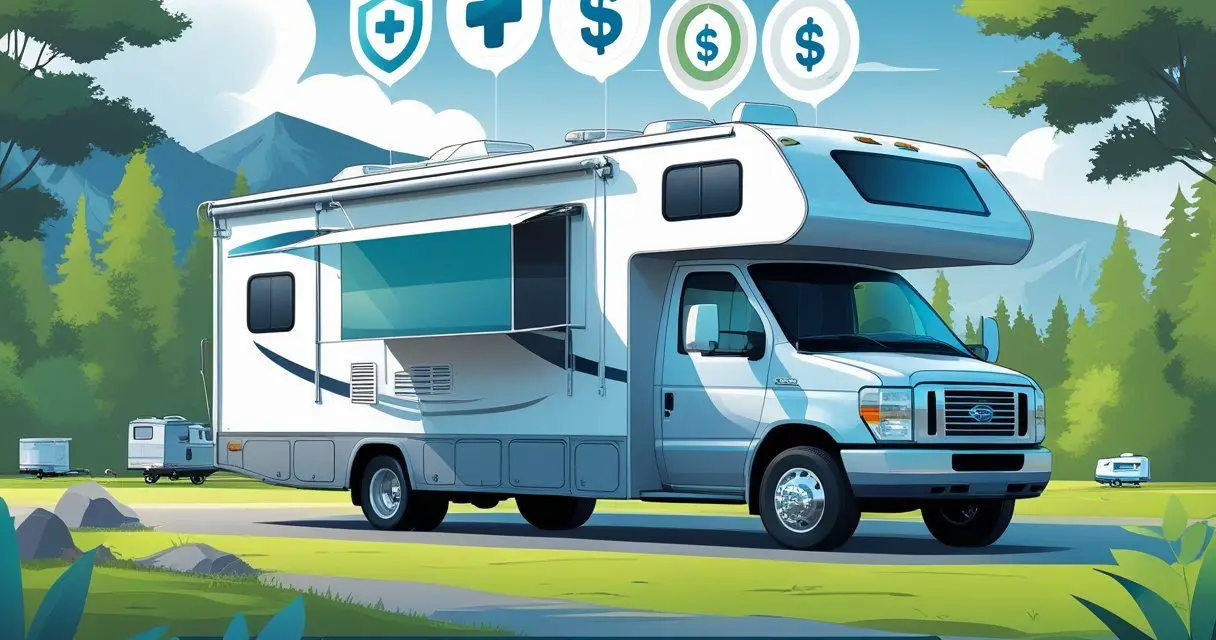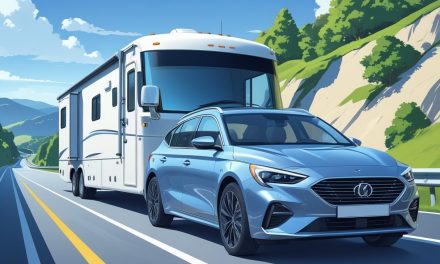Would you like to save this article?
When it comes to protecting your home on wheels, insurance is a big deal—after all, your RV is more than just a vehicle; it’s your adventure-mobile, your temporary home, and sometimes even your permanent residence! We recently asked our readers in the newsletter, “What type of insurance coverage do you have for your RV?” to get a sense of how fellow RVers are safeguarding their rigs. The responses were fascinating, revealing some clear preferences among RV owners. If you missed this poll, don’t worry—we’ll be running more soon, so make sure to vote next time to have your voice heard in the results!
Now, let’s dive into the numbers:
| Insurance Type | Percentage of Votes |
|---|---|
| Comprehensive | 73% |
| Liability Only | 7% |
| Full-timer’s Insurance | 20% |
| Not Sure | 0% |
Comprehensive Coverage Dominates
It’s no surprise that comprehensive insurance took the lead by a landslide, with a whopping 73% of voters opting for this level of protection. For most RVers, their rig is a major investment—whether it’s a Class A motorhome, a cozy camper van, or a fifth-wheel—and comprehensive coverage ensures they’re protected against theft, weather damage, and accidents. After all, when you’re cruising down the highway or parked in a scenic campground, peace of mind is priceless.
Full-Timer’s Insurance: A Niche but Important Choice
Coming in second at 20%, full-timer’s insurance caters to those who live in their RVs year-round. This specialized coverage goes beyond standard policies, offering protections similar to homeowners’ insurance—because when your RV is your home, you need extra security for personal belongings, liability, and even temporary housing if your rig becomes uninhabitable. It’s clear that for full-time travelers, this isn’t just an option—it’s a necessity.
Liability-Only: The Rare Minority
Only 7% of respondents said they carry liability-only insurance, which makes sense given the risks involved. While liability coverage meets state minimums, it leaves your own RV unprotected in an accident. For most owners, that’s a gamble they’re not willing to take—unless they’re insuring an older, less valuable rig where comprehensive might not be cost-effective.
Why Did the Results Shake Out This Way?
The overwhelming preference for comprehensive coverage reflects how much RV owners value protection for their rigs. RVs are expensive to repair or replace, and many owners use them frequently, increasing exposure to risks like collisions, storms, or vandalism. Full-timer’s insurance, while less common, is crucial for those who rely on their RV as a primary residence. Meanwhile, liability-only policies are a rarity—likely because most RVers see their vehicles as too valuable to leave unprotected.
At the end of the day, the right insurance depends on how you use your RV. But one thing’s clear: most RV owners aren’t taking chances when it comes to safeguarding their home away from home!






